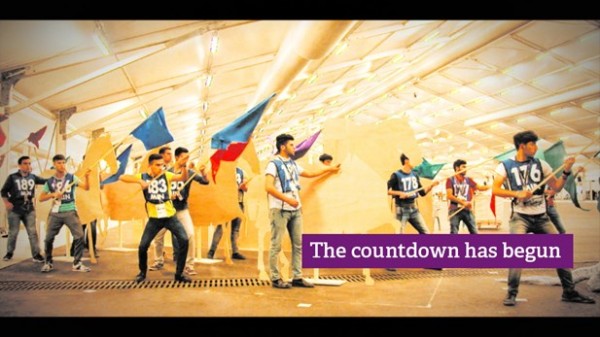Azerbaijan is ready to host Baku 2015 European Games starting from June 12
Baku, Azerbaijan: Azerbaijan is ready to host Baku 2015 European Games starting from June 12 and capital city is ready to host thousands of international and European players. Baku 2015 European games are very critical for the image of Azerbaijan as international human rights quarters are criticizing hosting of games in Baku due to alleged poor human rights record of Azerbaijani government.
Olympic Stadium in Baku is ready to display all the culture and history of this vibrant city with once-in-a-lifetime showcase of entertainment and sport. The Opening Ceremony for the inaugural European Games will be unveiled at 2100 hours local time on 12 June and beamed live around the world. Catch a glimpse of the magic here.
The spectacular Opening Ceremony of Baku 2015 will be a celebration of traditional Azerbaijani culture, reflecting the host city’s role in modern Europe. Around 2,000 performers will perform a magical show. Celebrations and inauguration will kick off at 2100 hours Baku time on June 12, 2015. Over 6,000 players from 50 European countries are schedule to attend the ceremony.
The Baku 2015 Opening Ceremony has all the ingredients for an unforgettable event and will be overseen by one of the world’s most experienced and celebrated professionals in large scale live event ceremonies.
Baku 2015 European Games are starting when Human Rights Watch International has released very adverse Human Right report claiming that Azerbaijani government has escalated repression against its critics, marking a dramatic deterioration in its already poor rights record. Report claims that the authorities convicted or imprisoned at least 33 human rights defenders, political and civil activists, journalists, and bloggers on politically motivated charges, prompting others to flee the country or go into hiding. Authorities froze the bank accounts of independent civic groups and their leaders, impeded their work by refusing to register foreign grants, and imposed foreign travel bans on some. Many of those detained complained of ill-treatment in police custody. Many organizations, including several leading rights groups, were forced to cease activities.






